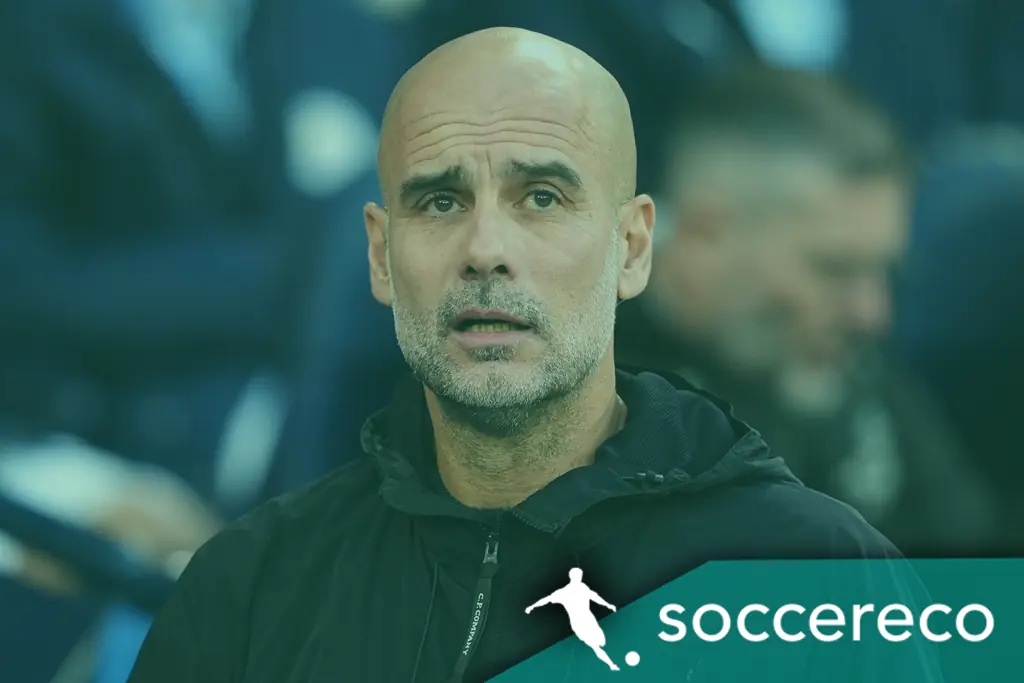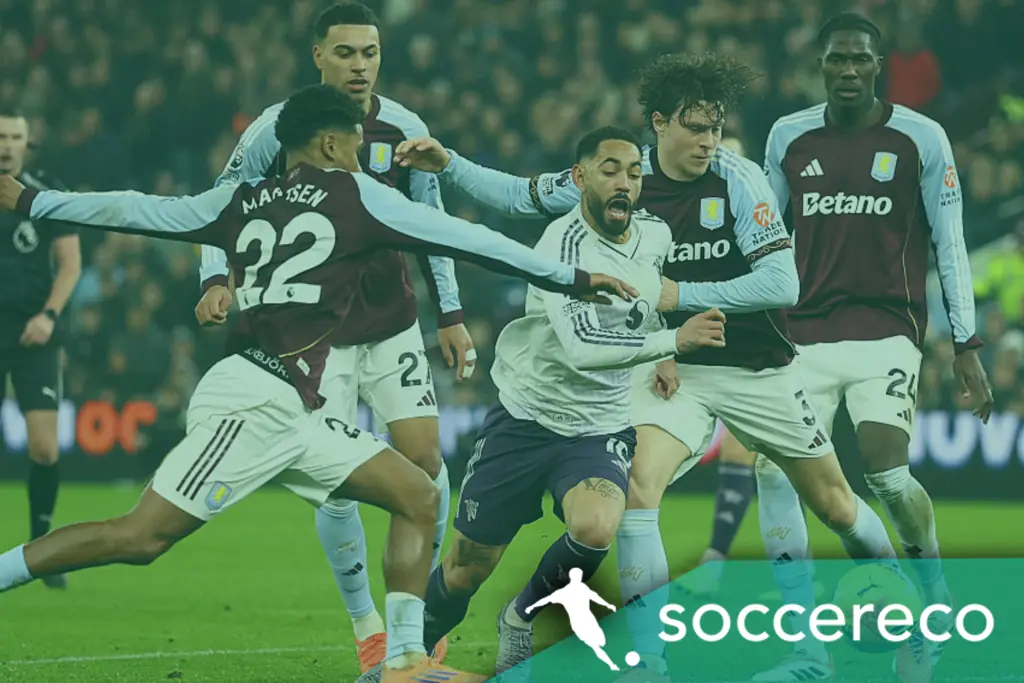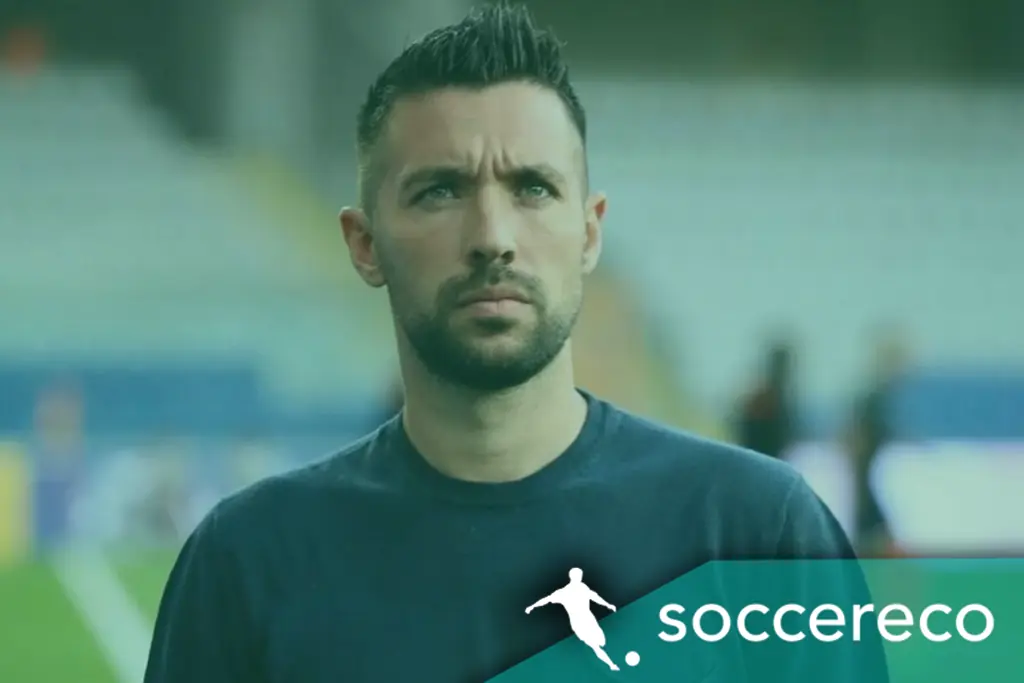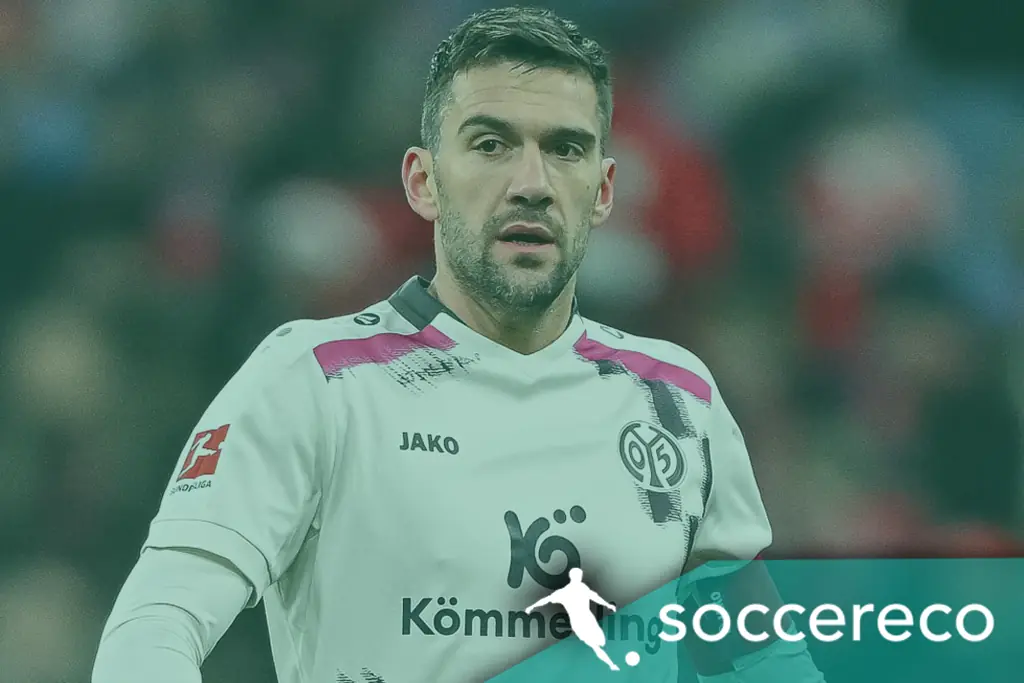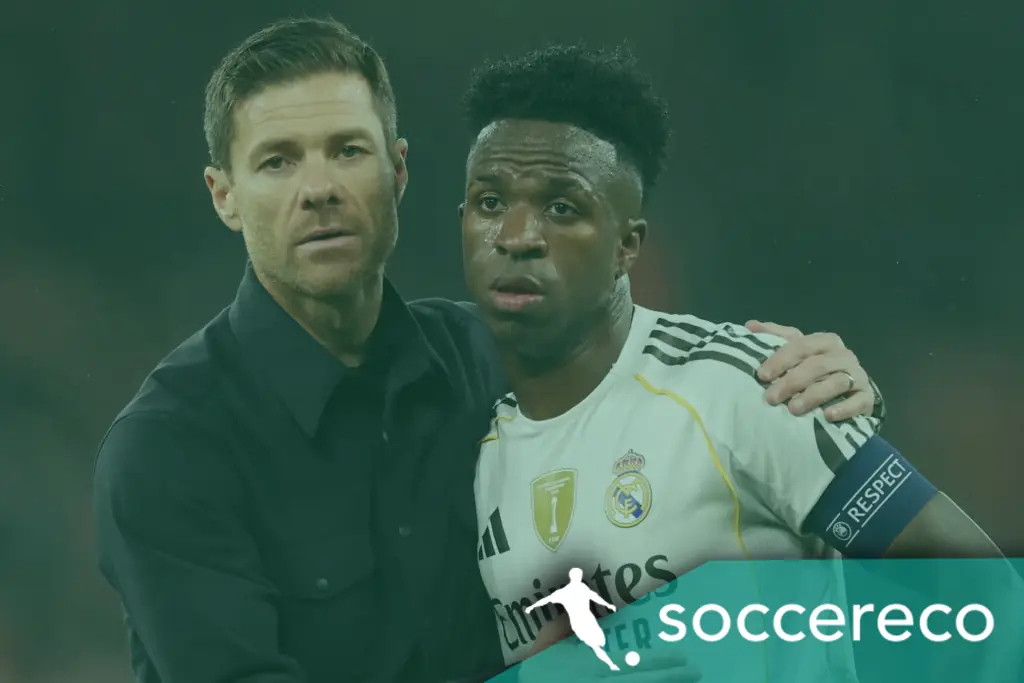Many will wonder how it’s possible that Hansi Flick is performing so well both at Bayern Munich and Barcelona, while he was significantly less successful with Germany. Lothar Matthäus discussed Flick's success in Spain.
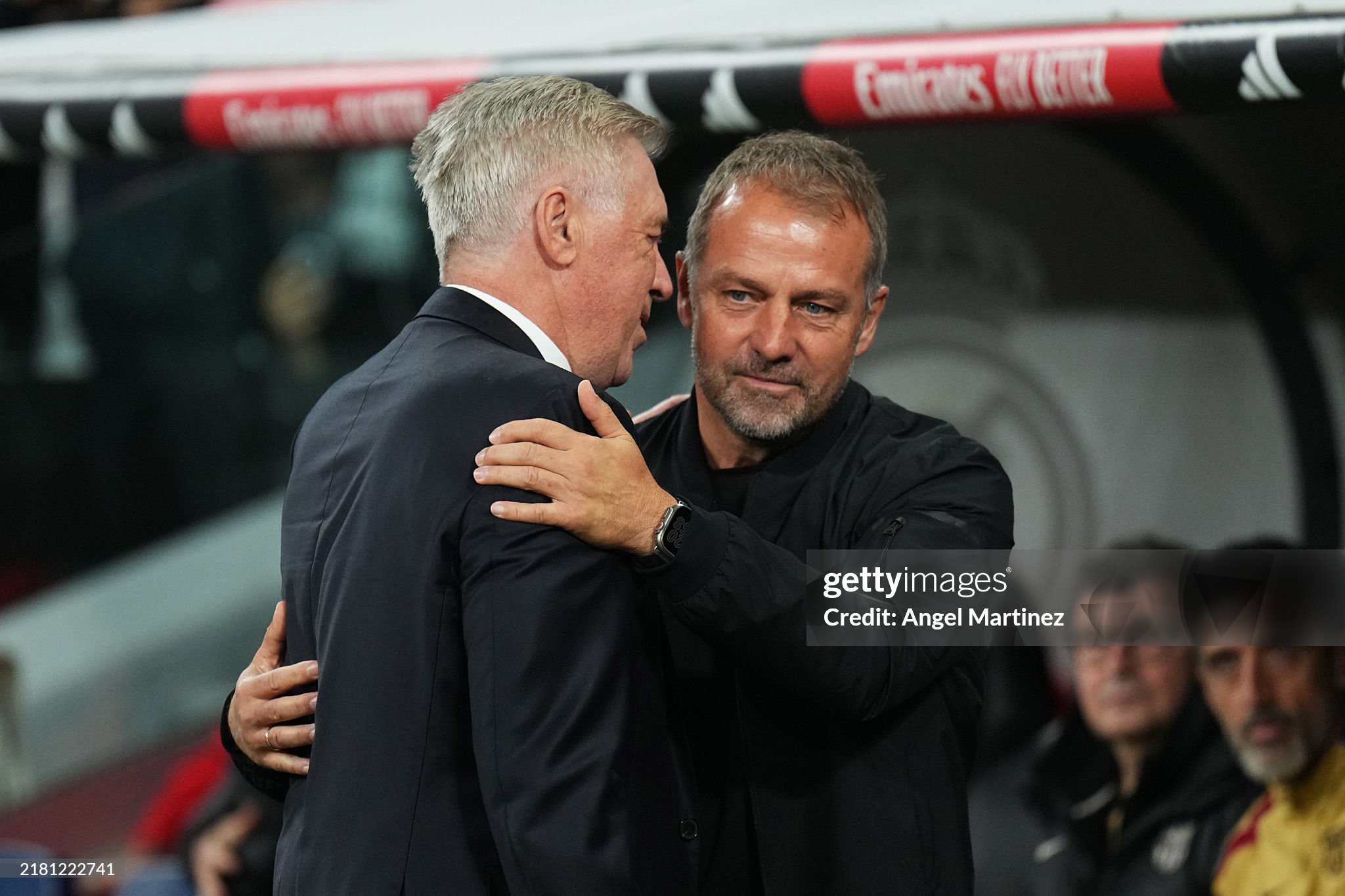
The story of Hansi Flick’s swift success at Barcelona has caught the attention of many football enthusiasts and analysts.
His recent triumphs, including a stunning 4-1 home victory over his former club Bayern Munich and a 4-0 win against Real Madrid in the Spanish capital, showcase a remarkable ten wins in Barcelona's first eleven games under his leadership. This winning streak has sparked conversations, particularly in Germany, where Flick’s time as national coach ended on a less triumphant note. Lothar Matthäus, a respected figure in German football, provided his insights on Flick’s success abroad, offering an in-depth look into why Flick might have found his stride with club teams rather than on the national stage.
Matthäus, a former Ballon d'Or winner and longtime observer of German football, shared with BILD that the daily involvement Flick has with his players is pivotal to his approach. “For a coach like Hansi, it’s very important to work with his players every day. This way, he builds trust in his squad by having daily personal conversations with his players,” Matthäus explained. This consistency allows Flick to connect deeply with his players, understand their needs, and shape them into a cohesive unit. Flick’s method is meticulous and detail-oriented, focusing on nuances that only emerge from regular interaction. However, when working with a national team, these interactions are rare, as games are infrequent, and players scatter across clubs between matches. “When you only have one or two games every six weeks with the national team, it simply doesn’t work the same way,” Matthäus noted, underscoring a challenge that has thwarted many successful club coaches who struggle to replicate their achievements with national teams.
In addition to structural challenges, Flick’s time with the German national team was further complicated by off-field issues. “Of course, Hansi made mistakes with his lineups and changes within the team,” Matthäus acknowledged, “but he also faced issues for which he wasn’t responsible as a coach.” He pointed to controversial matters, such as the political debates around the rainbow captain’s armband, which became a significant distraction. Matthäus added that Flick lacked the backing of influential figures like German Federation President Bernd Neuendorf and team manager Oliver Bierhoff, who could have provided support during these controversies. Furthermore, players who had previously thrived under Flick at Bayern, like Thomas Müller and Joshua Kimmich, encountered struggles with personal form or team dynamics within the national squad, adding to Flick’s challenges.
Another element in Flick’s Barcelona success, according to Matthäus, is the presence of Robert Lewandowski, a player Flick coached at Bayern and now works with again in Spain. Flick was able to bring the same 4-2-3-1 system to Barcelona, which had yielded impressive results in Munich. Lewandowski, at 36, remains a potent force, and his presence as a natural leader resonates well with Barcelona’s emerging talents like Yamal and Pedri. Matthäus highlighted how Lewandowski’s leadership amplifies Flick’s influence: “Young talents like Yamal and Pedri listen to a natural leader like Lewandowski, who is also an important factor for Hansi in the coastal city of Spain.” The synergy between the experienced striker and younger talents has played a crucial role in establishing Barcelona as a formidable contender this season.
Despite the glowing start, Matthäus cautions that challenges likely lie ahead for Flick, who has only been with Barcelona since July. “The Barcelona bosses need to remain calm because, with Hansi's work and this highly talented and young team, something very big is once again growing at the club,” Matthäus advised. He implies that patience and stability from Barcelona’s leadership will be essential as the team navigates the season's demands and the inevitable ups and downs. Nevertheless, with Flick’s tactical expertise and the squad’s talent, Matthäus believes Barcelona is on the cusp of achieving something significant.
Updated: 10:48, 29 Oct 2024
